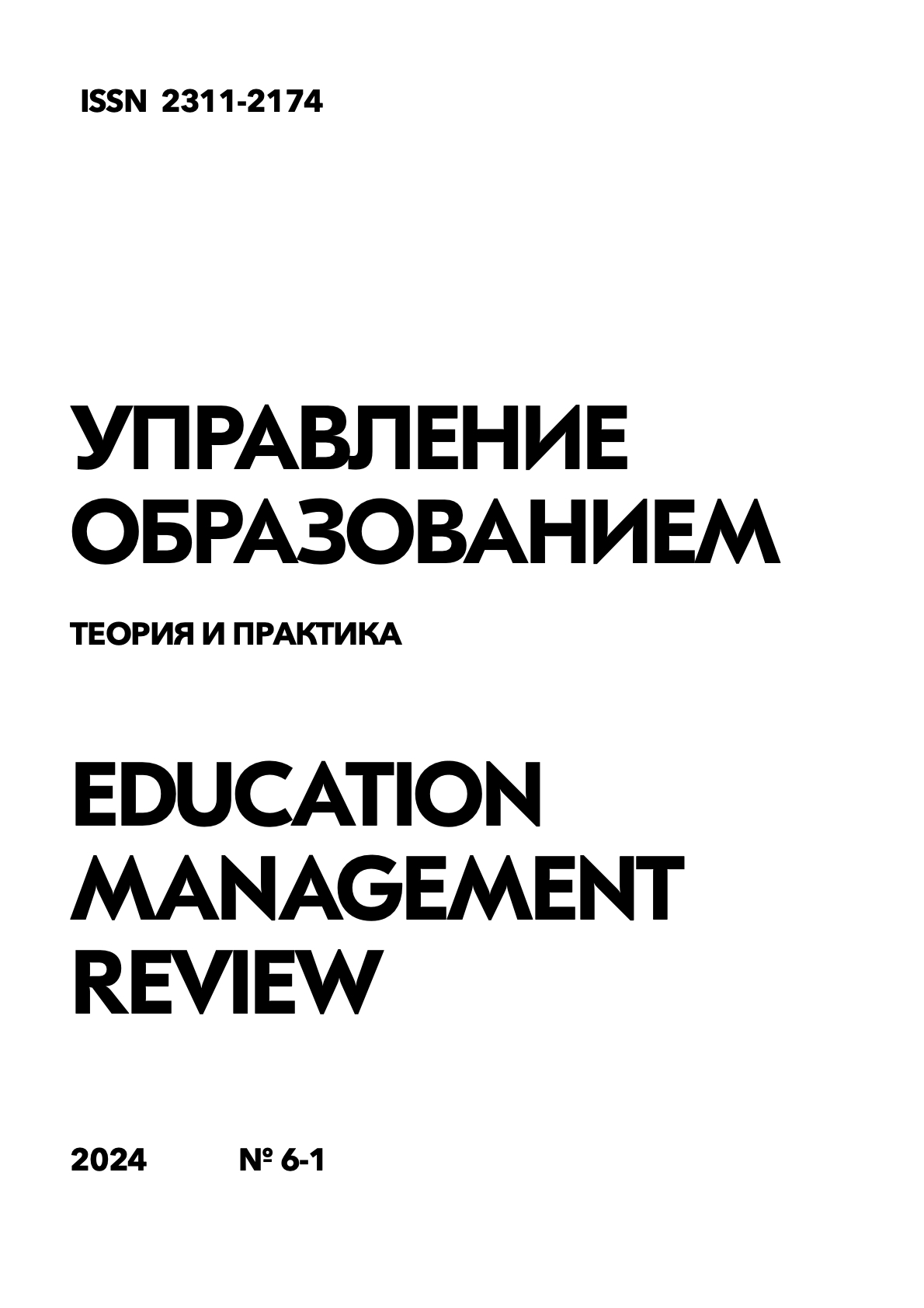Innovative approaches to optimizing the professional training of medical personnel in the context of the digital transformation of higher education in the Russian Federation
Keywords:
medical education, digital transformation, innovative approaches, optimization, professional training, competenciesAbstract
The relevance of the research is due to the need to modernize the medical education system in the context of rapid digitalization and global health challenges. The purpose of the work is to theoretically substantiate and experimentally test a set of innovative approaches to optimizing the professional training of physicians, ensuring the formation of competencies adequate to the requirements of digital medicine. The research is based on the integration of system-activity, competence-based and acmeological approaches. The empirical base includes data from longitudinal monitoring of the professional development of 450 medical students from 12 regions of the Russian Federation. A set of methods was used: questionnaires, expert assessment, analysis of products of activity, statistical data processing. A structural and functional model for optimizing medical training has been developed and verified, including targeted, substantive, procedural and evaluative-effective blocks. The effectiveness of simulation technologies, the case method, and project-based learning in the formation of digital competencies has been proven. The positive dynamics of motivation, cognitive activity, and academic performance of students were revealed. The obtained results make a significant contribution to the development of the theory and methodology of professional medical education. The proposed model can serve as a conceptual basis for designing adaptive educational programs. The practical value is associated with the possibility of replicating proven approaches. The prospects of the research are the development of personalized educational trajectories for physicians.
References
Агранович Н.В., Ходжаян А.Б. Возможности и эффективность дистанционного обучения в медицине // Фундаментальные исследования. 2012. № 3-3. С. 545-547.
Величко В.В., Давыдов П.С., Пушкарь Д.Ю. Перспективы применения технологий дополненной реальности в медицинском образовании // Современное образование. 2018. № 4. С. 14–25.
Герасименко С.Л. Технология проектирования компетентностной модели выпускника медицинского вуза // Высшее образование сегодня. 2019. № 1. С. 14-18.
Гуремина Н.В., Путинцева Е.В. Анализ перспективных направлений цифровизации медицинского образования // Современные проблемы науки и образования. 2020. № 6.
Иванов А.В., Шишкин Д.П., Царегородцев А.А. Информационные технологии оценки сформированности компетенций студентов медицинских специальностей // Вестник Самарского государственного технического университета. Серия: Психолого-педагогические науки. 2017. № 1(33). С. 50-58.
Малиновская Н.А., Болгова Т.А. Коммуникативная компетентность врача в условиях цифровизации медицины // Медицинское образование и профессиональное развитие. 2019. Т. 10. № 1. С. 81-91.
Найговзина Н.Б., Филатов В.Б., Горшков М.Д. и др. Система симуляционного обучения в подготовке медицинских кадров в Российской Федерации // Виртуальные технологии в медицине. 2020. № 1. С. 7-12.
Шубина Л.Б., Грибков Д.М., Шулаев А.В. Инновационные подходы в обучении студентов медицинских вузов // Медицинское образование и вузовская наука. 2018. № 1(11). С. 10-16.
Buja L.M. Medical education today: all that glitters is not gold // BMC Med Educ. 2019. Vol. 19. № 110.
Coffey C.S., MacDonald B.V., Shahrvini B., Baxter S.L., Lander L. Student perspectives on remote medical education in clinical core clerkships during the COVID-19 рandemic // Medical science educator. 2020. Vol. 30. рр. 1577-1584.
Davis L., Mostoufi B., Chatterji M. Competency-based assessment of procedural skills: A survey of US medical schools // Academic medicine. 2021. Vol. 96. № 4. pp. 571-578.
Frohna J.G., Gruppen L.D., Fliegel J.E., Mangrulkar R.S. Development of an evaluation of medical student competence in evidence-based medicine using a computer-based OSCE station // Teach learn med. 2006. Vol. 18. № 3. pp. 267-272.
Guze P.A. Using technology to meet the challenges of medical education // Transactions of the American Clinical and Climatological Association. 2015. Vol. 126. pp. 260-270.
Hernandez M., Vohra T., Hasnani-Samnani Z., Forsythe K., Selby P. Approaches to learning by students in medicine, nursing and respiratory therapy: A comparative study // Canadian medical education journal. 2021. Vol. 12. № 4. pp. 48-57.
Parve S., Ershadi A., Karimov A. Healthcare simulation technology adoption during the COVID-19 pandemic: A systematic review // Journal of clinical medicine. 2021. Vol. 10. № 16. pp. 20-37.
Downloads
Published
How to Cite
Issue
Section
License

This work is licensed under a Creative Commons Attribution-NonCommercial-NoDerivatives 4.0 International License.




